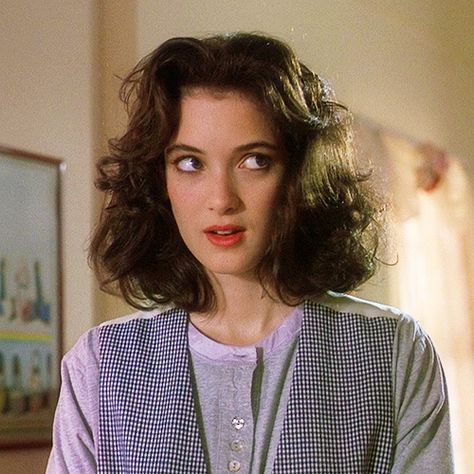
Popularity and cruelty have gone hand in hand since the dawn of the high-school movie. Every American coming-of-age romp explores high school’s twisted social hierarchy. Mean Girls, Welcome to the Dollhouse, Grease and The Breakfast Club; these movies all explore the inner politics of the playground within an age old status quo. A dog-eat-dog world, high-school has never been more cynically depicted than in Michael Lehmann’s 1988 debut, Heathers. The film centres around Veronica Sawyer, Winona Ryder’s popular high school teen, frustrated by the venomous clique she inhabits. Her ‘best friends’ are ‘The Heathers’, three privileged, nasty girls who share the same first name. Veronica is led astray by new student, and unhinged boyfriend, Jason – brought to us by an intense and charismatic performance from a very young Christian Slater. When the two discuss The Heathers and just how miserable they make Veronica, what follows is a crazed murder spree in which the duo, firmly led by Slater’s Jason, set about killing their enemies and framing each crime as a suicide. Heathers is a film about teenage suicide in which no suicide actually ever takes place. It’s a fever dream of violence, dark wit and cynicism which remains a cult classic three decades after its initial very poor release. It’s a highly self aware film which explores the impact high school has on who we become and just how putrid the social environment of the education system can be. It’s a film which remains unapologetic about its relentless visual violence, its sharp, malice dialogue and callous characters.

Not all elements of Heathers has aged well, particularly when we view it within the context of an America plagued by devastating gun violence and frequent, mindless school shootings. Yet, there is something delicious about the way Heathers refuses to romanticise the high-school experience, remaining honest about just how painful coming of age can be. The film is an almost twisted interpretation of the classic John Hughes’ movies of the decade; almost as if The Breakfast Club decided, rather than to emotionally acknowledge their differences, to simply stab each other to death in the library with a blunt bow compass. The movie’s cult status is maintained by its extraordinary eighties fashion and a stream of iconic pieces of angsty dialogue; a few personal favourites being “F**k me gently with a chainsaw, do I look like Mother Teresa?” and “Did you have a brain tumour for breakfast?” Ryder’s performance is a self assured and courageous one, making her work in Beetlejuice earlier that year seem incredibly tame. It’s a film that doesn’t take itself seriously but that satisfies the fantasies we may secretly, or even subconsciously, have about carrying out our own revenge on our adolescent enemies. Heathers was hated by many people upon its initial release, slandered for its depiction of and approach to teen suicide and violence. It’s unusual but true that a film like this would most likely receive even more of a negative response now – a reflection on the world we live in rather than the film itself, which merely holds up the mirror. With its blunt, aggressive narrative and the unfiltered behaviour of the central characters, its quite tricky to see how a movie like Heathers would ever get made today, outside of its well received theatre adaptation and abysmally received television series. To celebrate the film’s 30th Anniversary, Heathers was re-released in UK cinemas on 8 August 2018.

Thanks for reading and let’s all keep supporting our beloved film industry.
